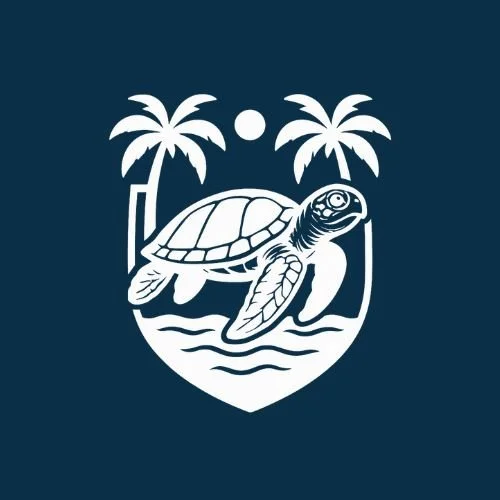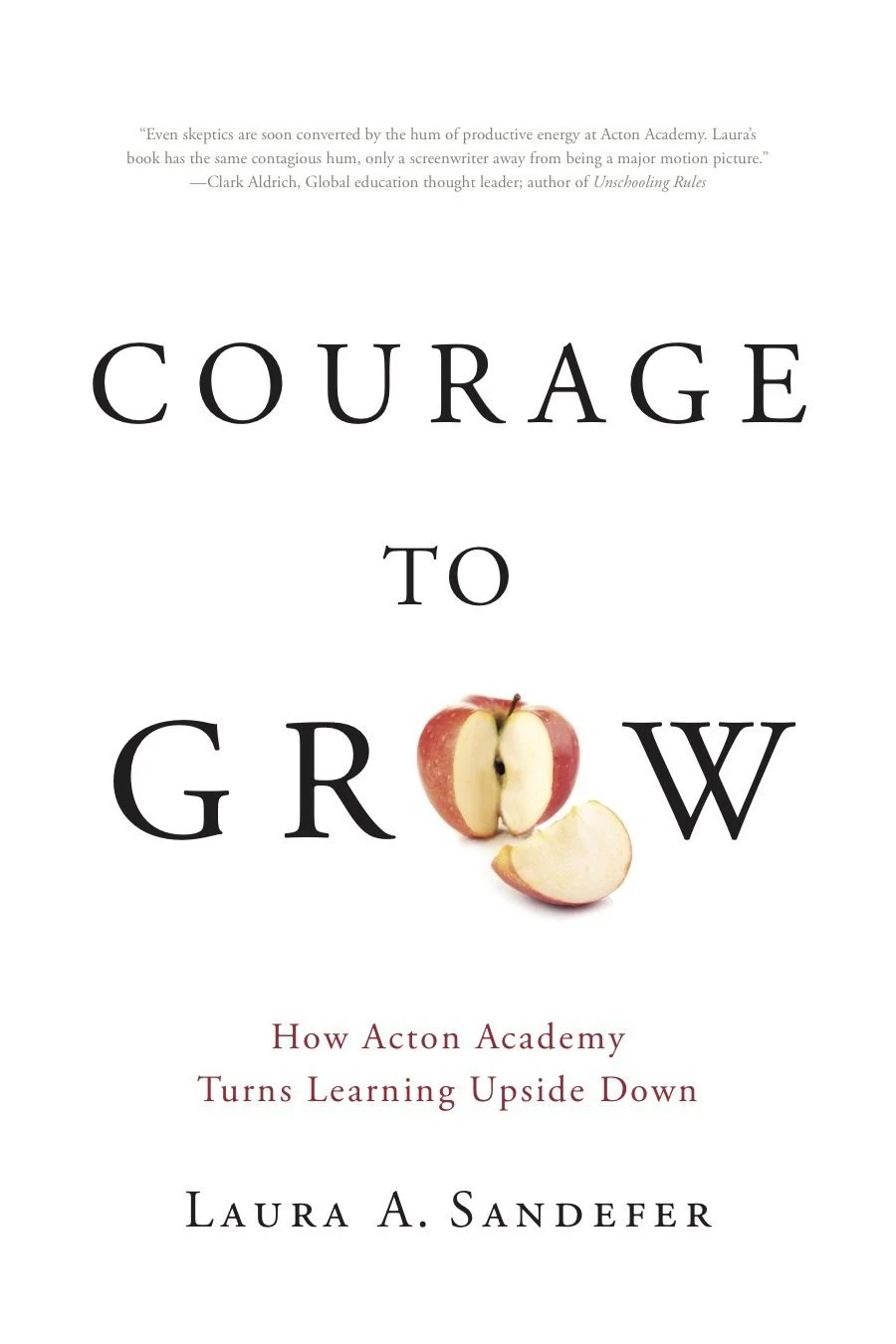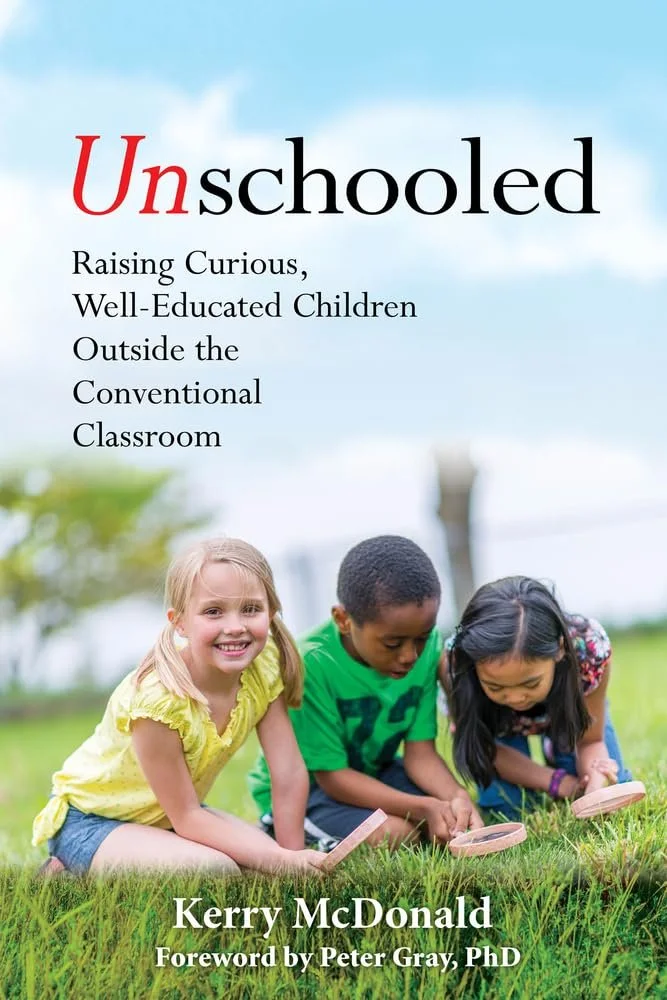Elements of Acton
GROWTH MINDSET
We foster a growth mindset, encouraging learners to view effort and persistence as the keys to success.
CONTRACTS
Learners create personal learning contracts, taking ownership of their goals and holding themselves accountable for their progress.
MIXED AGES
Our mixed-age classrooms promote mentorship, collaboration, and leadership among learners of different stages.
THE SOCRATIC METHOD
We use the Socratic Method to spark curiosity, critical thinking, and deep discussions through thoughtful questioning.
TRIAL AND ERROR LEARNING
Learners grow through trial and error, building problem-solving skills and resilience by experimenting and learning from mistakes.
EXCELLENCE
We inspire learners to continually strive for excellence, pushing beyond mediocrity and embracing high standards in their work and character.
FREEDOM AND RESPONSIBILITY
We balance freedom with responsibility, empowering learners to take control of their learning while managing their time and decisions.
FREQUENT PUBLIC EXHIBITIONS
Learners regularly present their work in public exhibitions, fostering accountability, confidence, and communication skills.
THE HERO’S JOURNEY
Each learner embarks on their own Hero’s Journey, developing their unique strengths through challenges and personal growth.
THE GUIDE – A UNIQUE ROLE FOR AN ADULT
Our Guides support learners’ self-discovery and problem-solving, facilitating their learning without directing it.
Hero’s Journey
The Hero’s Journey at Acton Academy is a powerful approach that turns each learner’s educational experience into a personal adventure. Just like a hero in a story, learners set out to explore new challenges, build skills, and grow through each experience, ultimately discovering their unique strengths and learning how to make a positive impact on their world.
CALL TO ADVENTURE
Each student begins by identifying personal goals and interests, sparking curiosity and a sense of purpose. This stage may involve selecting a personal project, tackling a difficult subject, or deciding to learn a new skill. Learners are encouraged to see challenges as opportunities to grow.
CROSSING THE THRESHOLD
Here, learners step out of their comfort zones to embark on their chosen path. This could involve starting a complex project, leading a group discussion, or setting higher personal goals. Acton’s learner-driven model ensures that students are making conscious choices about their learning, accepting responsibility for their journey.
FINDING MENTORS AND ALLIES
In this stage, learners find mentors or resources that support them on their journey. Acton guides act as mentors who encourage self-discovery rather than direct teaching, while peers provide support and inspiration. Additionally, learners often connect with external mentors or community members, especially in passion projects or apprenticeships, where they gain insights from experts.
OVERCOMING TRIALS AND GAINING INSIGHTS
As learners face challenges, they reflect on their experiences to extract valuable lessons. Acton promotes a growth mindset by allowing students to make mistakes, reflect on them, and try again. Over time, students build confidence in their abilities and begin to recognize their progress and resilience.
TRANSFORMATION AND GROWTH
As they persist through challenges, learners transform. They achieve new levels of skill, independence, and self-awareness. This transformation is often showcased in public exhibitions, where learners present their projects and personal growth to peers, family, and the community, reinforcing a sense of accomplishment and reinforcing self-belief.
RETURNING WITH KNOWLEDGE TO SHARE
In the final stage, learners bring their insights and skills back to the learning community. They often share their journeys in group discussions, inspiring other learners to tackle their own challenges. Whether through helping a younger peer, leading a discussion, or contributing to a group project, each learner’s journey helps enrich the collective experience of the studio.
THE IMPACT OF THE HERO’S JOURNEY
The Hero’s Journey framework at Acton Academy turns learning into a dynamic and self-directed adventure. By viewing themselves as heroes, learners gain:
Self-Empowerment: Students recognize their ability to control their path and overcome obstacles.
Resilience: Challenges become part of growth, teaching them to view setbacks as opportunities.
Purposeful Learning: Students understand that their education has meaning, connecting it to real-world experiences and personal goals.
In essence, the Hero’s Journey at Acton Academy empowers learners to take ownership of their growth and challenges them to develop into capable, thoughtful leaders, ready to make a positive impact in the world.
Recommended Reading
Courage to Grow
Laura Sandefer
Courage to Grow tells how a small school in Austin, Texas sparked a worldwide awakening of families, who believe every child deserves to find a calling that will change the world.
In an age where Google shares information, Uber shares cars, and Airbnb shares rooms, Acton Academy turns learning upside down by equipping children to share learning with each other, in a close-knit community with extremely high standards of excellence.
Word of Acton's transformative impact is spreading, family by family. Over 50 Acton Academy affiliates span the globe, with applications pending from more than 6,300 entrepreneurial parents who want to start a learner-driven community.
Courage to Grow is not a "how to" book, but a fast-paced story of courageous families who found more compelling ways to learn and grow. Along the way, parents and children discovered the questions, tools and frameworks we all need to forge a stronger character and supercharge human potential.
Like all good tales, Courage to Grow has a surprise ending, a final lesson you won't want to miss about parenting, and the courage required to live life to its fullest.
Unschooled: Raising Curious, Well-Educated Children Outside the Conventional Classroom
Kerry McDonald
Education has become synonymous with schooling, but it doesn’t have to be. As schooling becomes increasingly standardized and test driven, occupying more of childhood than ever before, parents and educators are questioning the role of schooling in society. Many are now exploring and creating alternatives. In a compelling narrative that introduces historical and contemporary research on self-directed education, Unschooled also spotlights how a diverse group of individuals and organizations are evolving an old schooling model of education. These innovators challenge the myth that children need to be taught in order to learn. They are parents who saw firsthand how schooling can dull children’s natural curiosity and exuberance and others who decided early on to enable their children to learn without school. Educators who left public school classrooms discuss launching self-directed learning centers to allow young people’s innate learning instincts to flourish, and entrepreneurs explore their disillusionment with the teach-and-test approach of traditional schooling.



